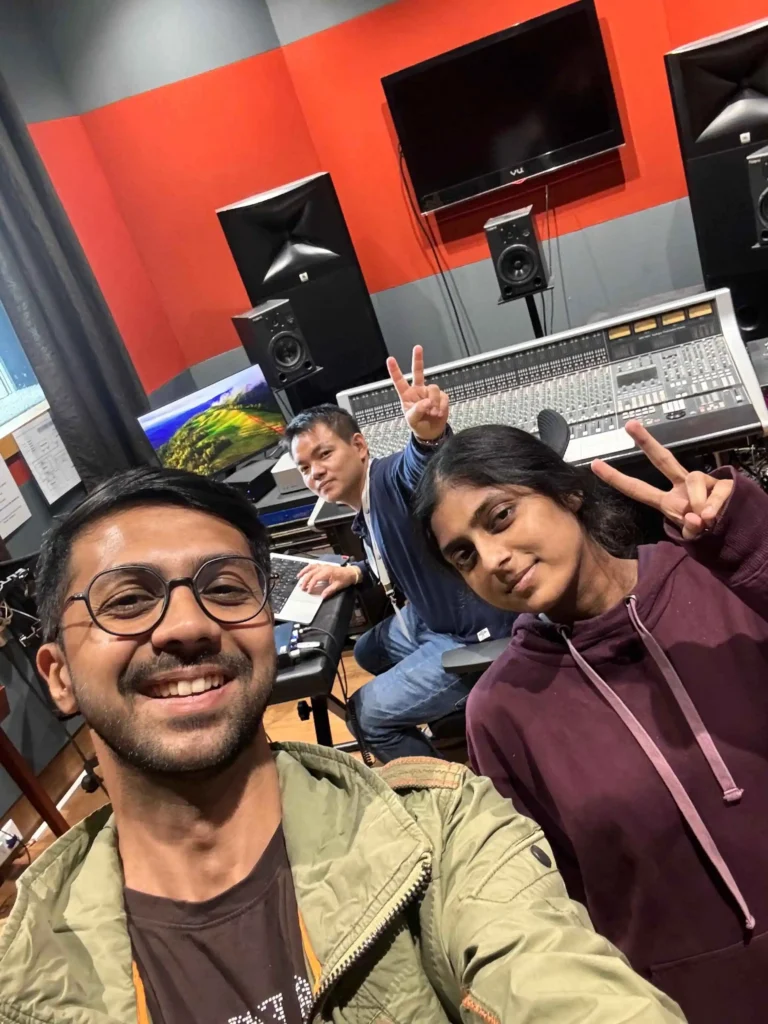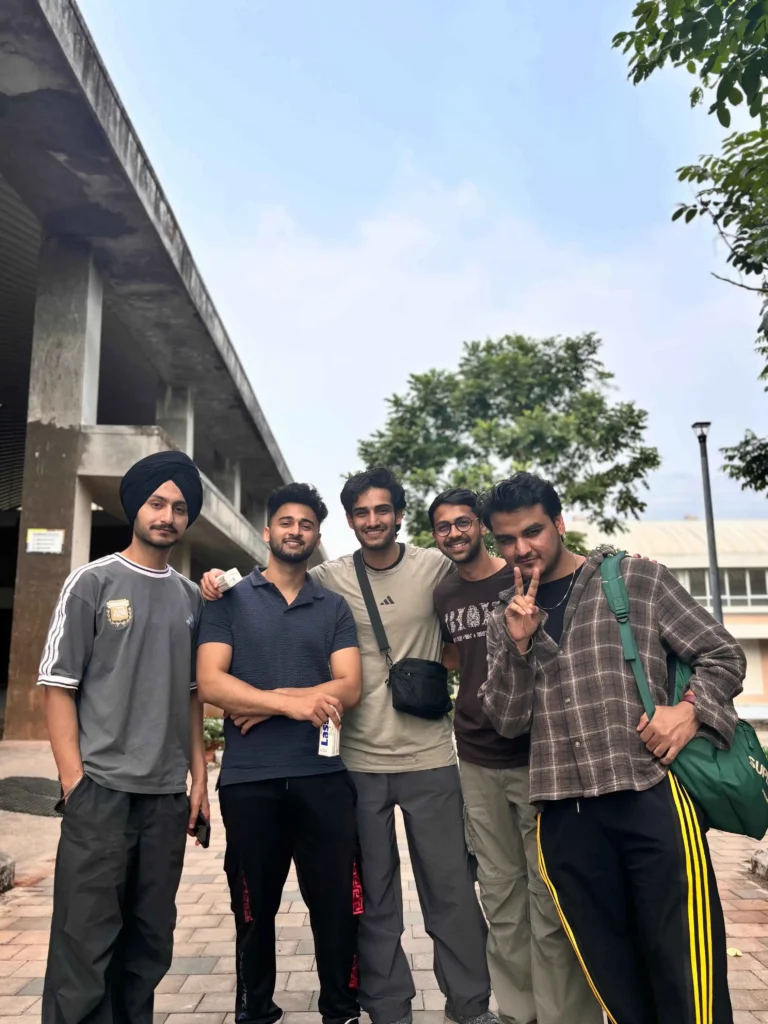If you are looking for new experiences to explore, India has one around every corner. India’s rich cultural heritage is beautifully expressed through its diverse music festivals and collaborative initiatives. Such was KOLAB, a joint venture by IPRS and KOMCA, which brought together Indian and Korean music under the same roof for a unique cultural exchange and offered a captivating glimpse into the country’s rich musical tapestry.
Table of Contents
KOLAB, a Indo-Korean song writing camp by IPRS & KOMCA
Presenting a seven days residency Indo-Korean song writing camp, KOLAB was held between 6th – 13th November, 2024, at Karjat TSM.
The initiative, KOLAB, represents a significant collaborative effort between the Indian Performing Right Society (IPRS) and the Korea Music Copyright Association (KOMCA). This partnership aims at fostering a better understanding and appreciation of the diverse musical traditions of India and Korea. Available to music creators and independent artists, KOLAB serves as a veritable cultural bridge, encouraging the exploration and integration of distinctive musical elements and styles.
One of the most remarkable aspects of the event was the interaction between 6 Korean artists along with 12 Indian artists. For singer-songwriter Chintan Chauhan, an active participant at this year’s KOLAB, it was an intriguing affair. According to the artist, “Respecting each other’s cultural values and differences while coming to the same artistic opinion – has been the most challenging amongst various other communication barriers.” With the increasing influence of globalization in the music industry, such initiatives become essential in nurturing intercultural dialogue.

But that’s not all! Adding to the allure of this cross-cultural collaboration, the mentors, hailing from diverse musical backgrounds, brought together their unique perspectives and expertise to create a truly inspiring learning experience.
A stellar line up including the likes of renowned names such as Rumpa Banerjee, KOMCA, Mandar Deshpande, lyricist Mayur Puri, and Atul Churamani, industry leaders like CEO Rakesh Nigam and the talented Bunty Bains team, were instrumental in inspiring the next generation of creative minds.
For mentor Mayur Puri, judging ideas does warrant the cost of generation. A free flow is what the mentor at KOLAB believes in. The Teri Ore lyricist also had some incredible vantage points when it came down to organic song writing and creation.
A Head Start from Mentor Mayur Puri
As his fool proof technique to bringing out the best in an artist, Puri believes, “It is organic and it is natural for everybody to get together and start making songs. There are other things which happen which stop them from doing it. Sometimes it’s a pressure of work. Sometimes it’s a pressure of family. Sometimes it’s a pressure of money. Sometimes it’s a pressure of recognition, of the fear that will I be recognized? Will my contribution be there? What am I going to get out of this?”
“Once you’ve answered these questions and just let the artist be, it is their most natural state that they will express. So my approach is remove all the obstacles that are there in their minds and put them together. They will come up with a song. There’s no science to it.”
Reading the room makes a big difference while considering the fact that the participants are all strangers, and it is something that can happen only in a residential setting, as then, “It makes everything conducive. It brings people on the same level. And there’s a certain equality when you do that, so that nobody’s big, nobody’s small, everybody is living in the same room, eating the same food, doing the same kinds of things. So it automatically generates faith and trust amongst the songwriters.”

As cultural ambassadors, bridging the gap between two rich musical traditions, several renowned artists from India and Korea have participated in KOLAB, showcasing their talents and sharing insights into their respective musical heritages. Commending the appeal of Psy’s Gangnam Style, Puri elaborated on the whole aspect of Korean music coming to the forefront of worldwide acclaim.
Love it or hate it, the genre is especially hard to ignore in recent times. The collaboration had a similar locus. “Indian music is very evolved and complex, Korean music is a little straighter, simpler, but it’s very, very global. So we both got to learn from each other in this camp. The vision was that we will understand what works, why Korean songs are becoming globally popular and what can we learn from them. And they got to learn the richness of our culture and our music and they got to explore our beats and our kind of sound”
Yet, the divide between commercial success and artistic integrity is no divide at all! In his words, “I don’t think there is any choice or compromise between having, you know, artistic vision and integrity and commercial appeal. I’m sure you can have both. There’s no such thing. There’s no either or kind of a thing. I wrote a song called Teri Ore and people love that song and I got a lot of love and appreciation for it. And it was a super commercial song, I was paid well for it. Like that, there are many songs which I have written which are commercially very successful but at the same time they have some kind of meaningful lyrics.”
The path to artistic innovation is paved with diverse perspectives and human connection. Puri, who has also collaborated with Shape of You hitmaker Ed Sheeran, interpreted this as the leverage of young artists. Among the 90 applications from which 12 were carefully selected, it is not difficult to unearth raw talent as everyone is eager to work hard and be a part of something huge. The impetus of KOLAB was this sheer enthusiasm that artists, both from India and South Korea, brought to life.
In a Nutshell
For many artists, KOLAB was the experience of a lifetime. This initiative has not only strengthened artistic bonds but also opened doors to new opportunities for participating artists, propelling them towards global recognition.
For more articles on music, read here.






